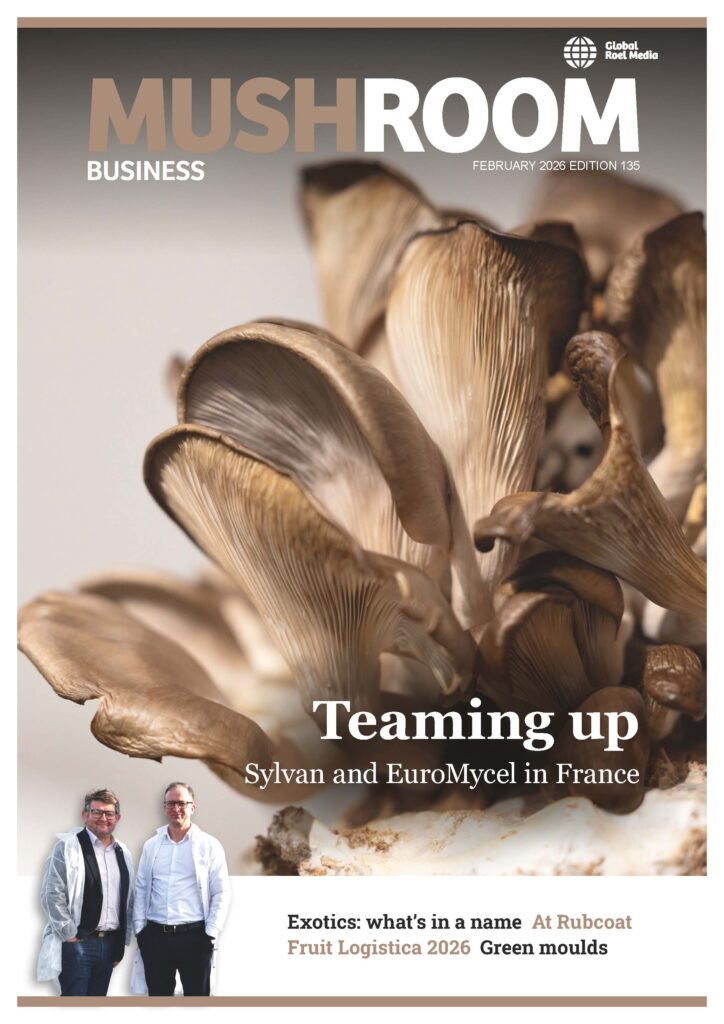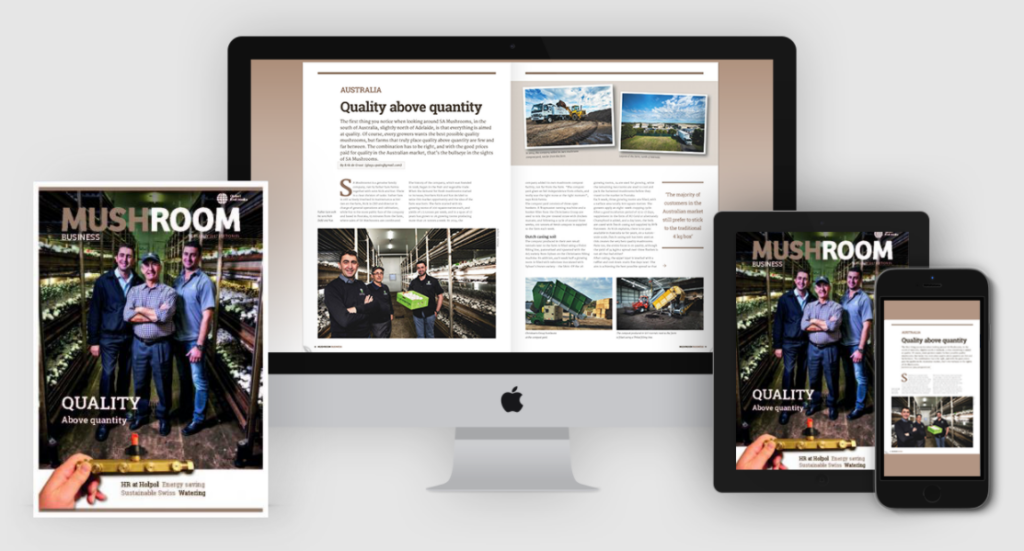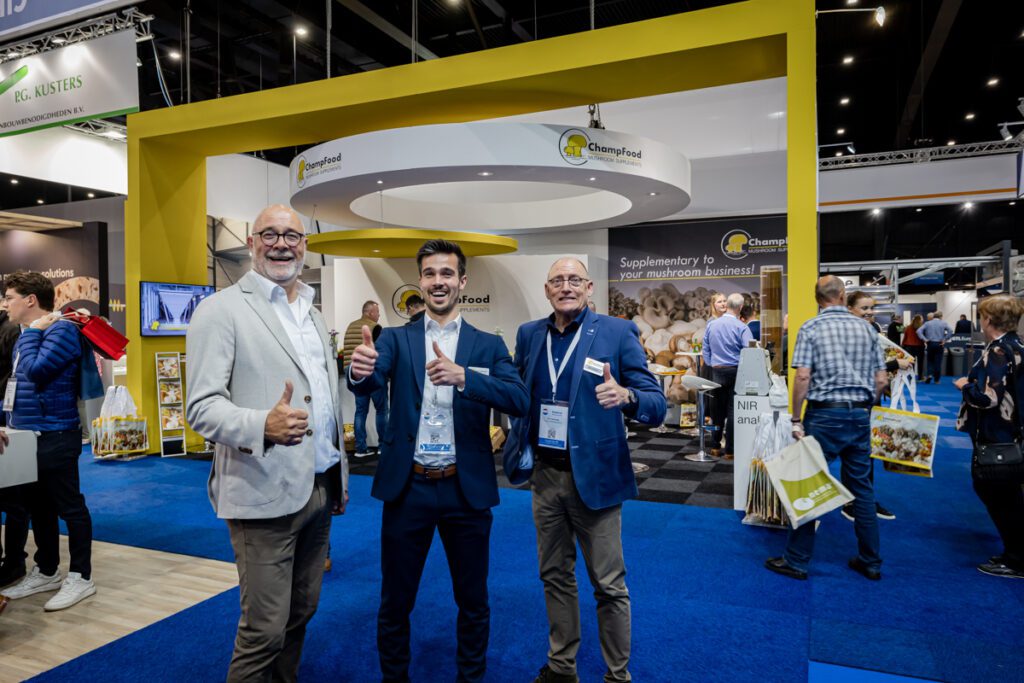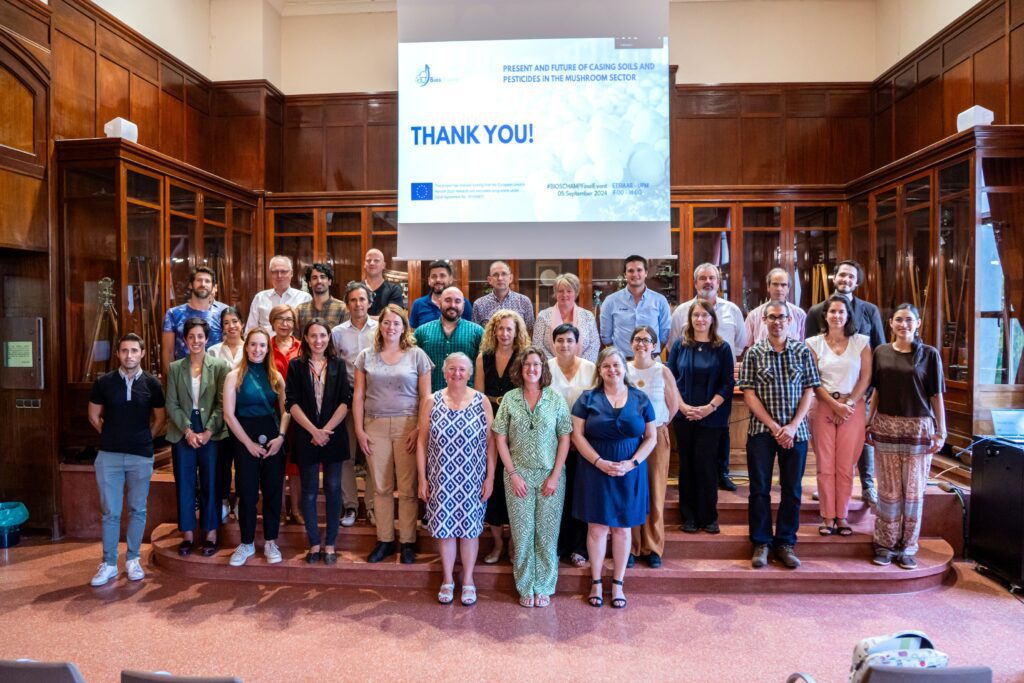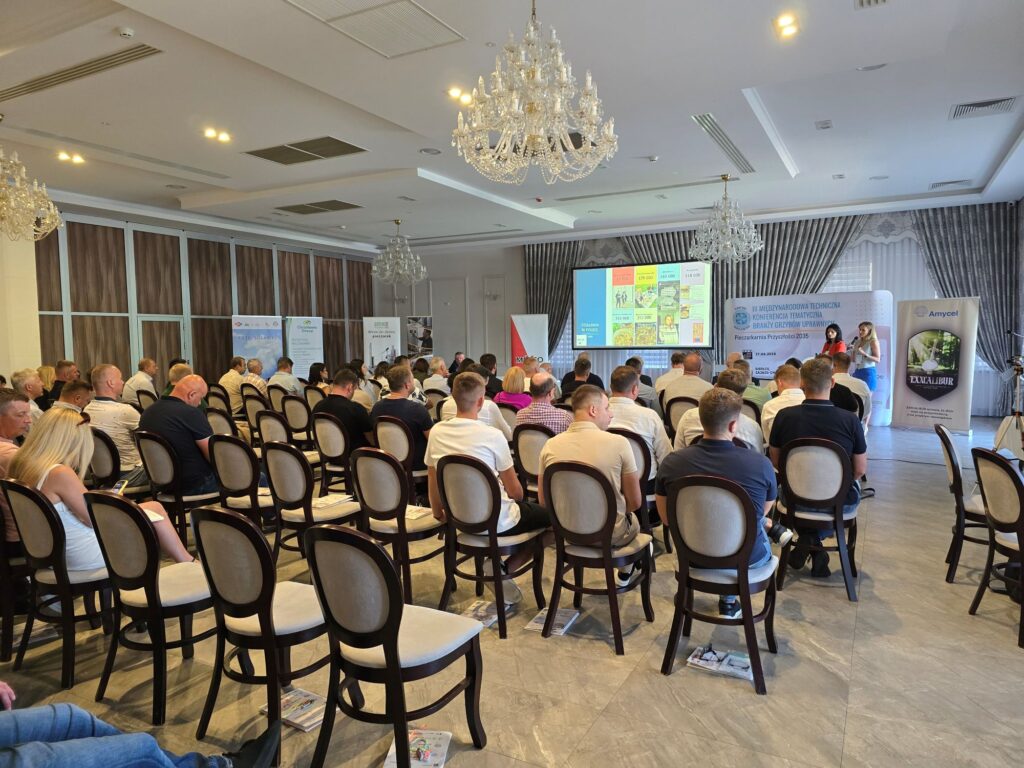In the Netherlands composters can produce well-incubated compost for very competitive prices. This is possible, among other things, because they process waste produced by others. However, since the introduction of new manure legislation, the price growers have to pay to dispose of champost has risen by factor 3. A lower compost price seems interesting at first sight, but many growers have to pay another 10% on top afterwards to remove the champost. And all that in fact for a phosphate surplus, which the mushrooms don’t really need.
Three years ago at the height of the then prevalent bird flu, I wrote an article in trade journal “Paddestoelen ‘ entitled ‘Good compost without chicken manure’. I wondered at the time whether it was as cheap and sensible to process waste from other parties as it seemed. You end up with their problems namely! Now it’s the phosphate question and the fact that champost is classed as animal manure.
High time to seriously consider if it’s not financially more attractive to produce slightly more expensive, phosphate poor compost that isn’t restricted by animal manure legislation. The initiative will however have to come from growers, as, it currently appears, they are the only ones who stand to gain.
Con Hermans, AdVisie ‘The mushroom cultivation advisors’, hermans@mushroomconsulting.nl

